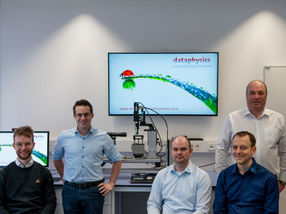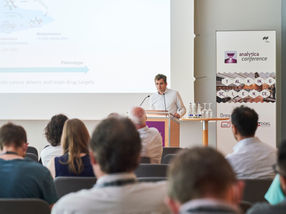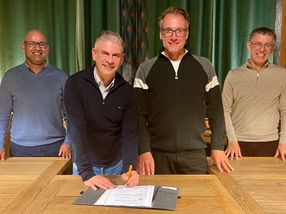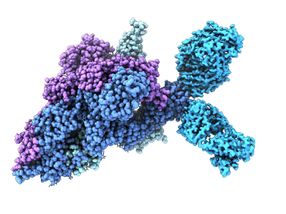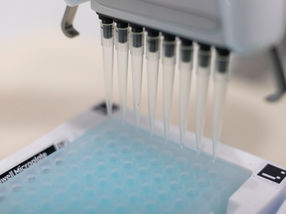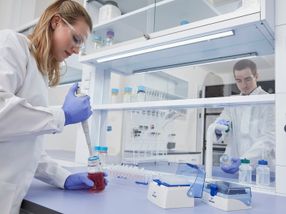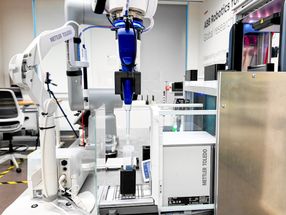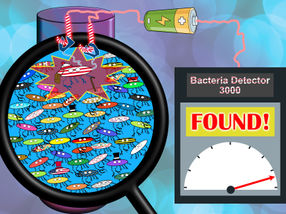Alternative methods replace animal experiments: 20 years successful work by ZEBET within BfR
ZEBET celebrates its anniversary with an international symposium at BfR in Berlin
The Centre for documentation and Evaluation of Alternatives to Animal Experiments (ZEBET) celebrated its 20th birthday with a symposium at the Federal Institute for Risk Assessment (BfR) in Berlin. When it was founded in 1989, ZEBET was the first state research institute in the world with a remit to replace animal experiments.
Because of its success there are similar centres today in other European countries, Japan and the USA. At the symposium scientists from these institutions discuss the future of alternatives to animal experiments. For instance a project of the US Government entitled "Toxicology in the 21st Century" aims to completely forego animal experiments in the safety testing of chemicals for man.
"At the beginning of the 21st century we face the challenge of developing and validating alternative methods that not only do without laboratory animals but also deliver more reliable statements about the effects of chemical substances on man" says Professor Dr. Dr. Andreas Hensel, President of BfR. This is even more important as, with the entry into force of the European chemicals legislation REACH, all chemical substances on the market that have not undergone sufficient evaluation must be tested from the angle of consumer safety.
Chemicals, cosmetics, pesticides and medicinal products must be safe for consumers. To this end, the ingredients must be tested for adverse reactions. This is mainly done with animal experiments. Already back in 1959 the English scientists Bill Russell und Rex Burch developed a scientific concept to replace animal experiments, the 3R Principle. This principle stipulates that an alternative method must meet at least one of the three following requirements:
- The method reduces the pain and suffering of laboratory animals ("Refinement")
- The method reduces the number of laboratory animals ("Reduction")
- The method replaces animal experiments ("Replacement")
Now, some 50 years after the development of the 3R Principle, it is the generally recognised scientific foundation for research into reducing animal experiments. This anniversary is another main focus of the Symposium.
When ZEBET was founded in 1989 not one animal-free toxicological test method was accepted by public authorities in Germany, Europe or anywhere else in the world for the testing of chemical substances or products. Back in 1990 a scientific concept for the experimental validation of toxicological test methods was developed together with colleagues from Europe and the USA. It served as the basis for Guideline 34 of the Organisation for Economic Cooperation and Development (OECD) and is recognised around the world.
The founding of ZEBET was closely linked to the entry into force of the EU Directive regarding the protection of animals used for experimental and other scientific purposes (86/608/EEC) from 1986 and the German Animal Welfare Act revised in 1987. In Germany animal experiments may only be conducted if they are absolutely essential and the purpose of the experiment is ethically defensible. Hence ZEBET has been assigned a very wide spectrum of tasks. ZEBET is responsible for the documentation and evaluation of alternatives to animal experiments. To this end, it has set up the free-of-charge database AnimAlt-ZEBET in English which is accessible on the Internet. ZEBET scientists respond to inquiries from public authorities, science, animal welfare, industry and consumers on all aspects of Alternatives to animal experiments on the national and international level. In conjunction with the revision of EU Directive 86/609, which regulates the handling of laboratory animals, ZEBET advises the Federal Ministry of Food, Agriculture and Consumer Protection (BMELV).
Since 1990 ZEBET has supported research projects in Germany and undertakes its own research on the development and validation of animal-free alternative methods. Some of these new methods have already been given international recognition and are now anchored as official test methods in the directives and guidelines of the EU and OECD. Given the international public criticism of the use of animal experiments in the development of cosmetics, ZEBET has focussed its attention more particularly on alternative methods to tolerance testing on the skin and eyes. Reconstructed human skin can be used today instead of rabbits. Furthermore, ZEBET scientists develop alternative methods for predicting developmental toxicological properties. With the help of human embryonic stem cells they examine whether chemicals and medicinal products could harm the foetus if administered during pregnancy.
Topics
Organizations
Other news from the department business & finance

Get the analytics and lab tech industry in your inbox
From now on, don't miss a thing: Our newsletter for analytics and lab technology brings you up to date every Tuesday. The latest industry news, product highlights and innovations - compact and easy to understand in your inbox. Researched by us so you don't have to.



